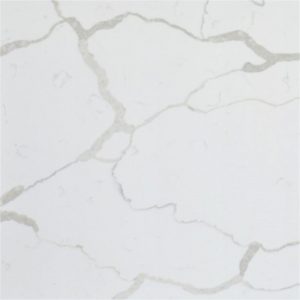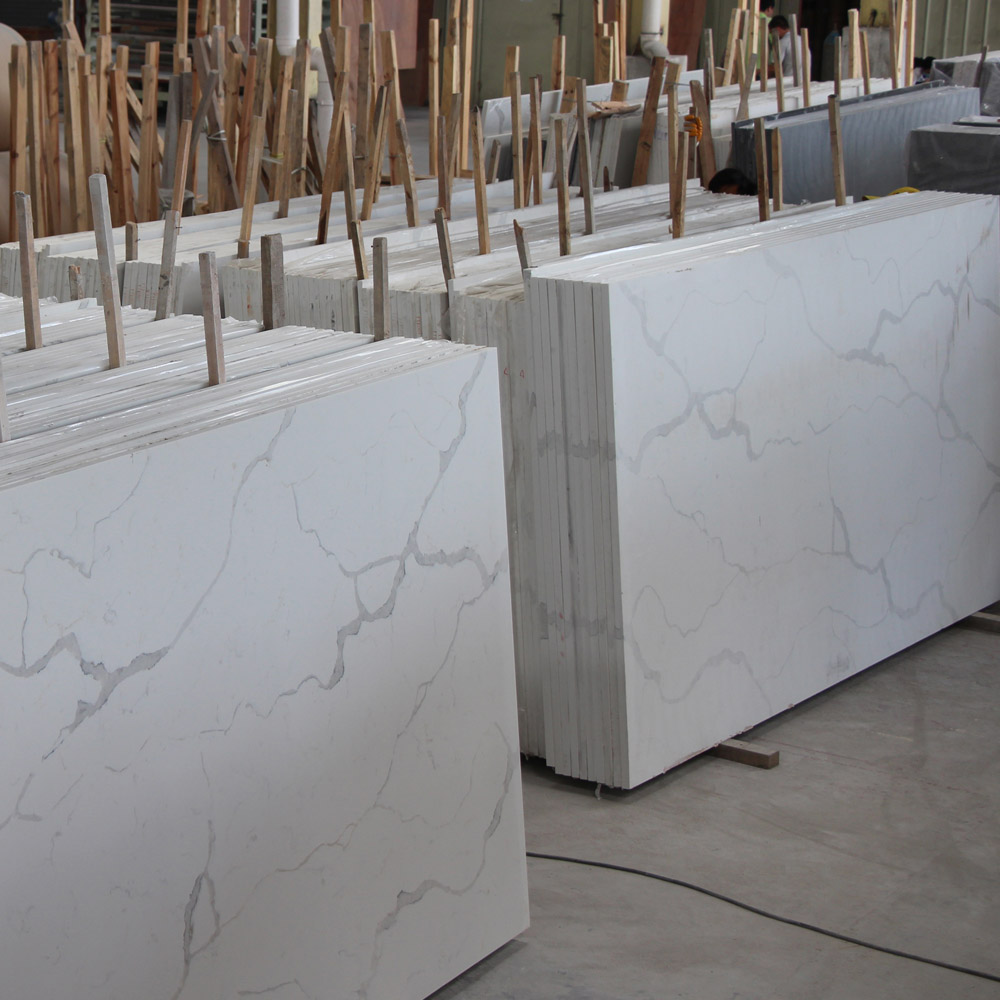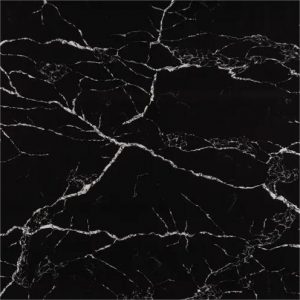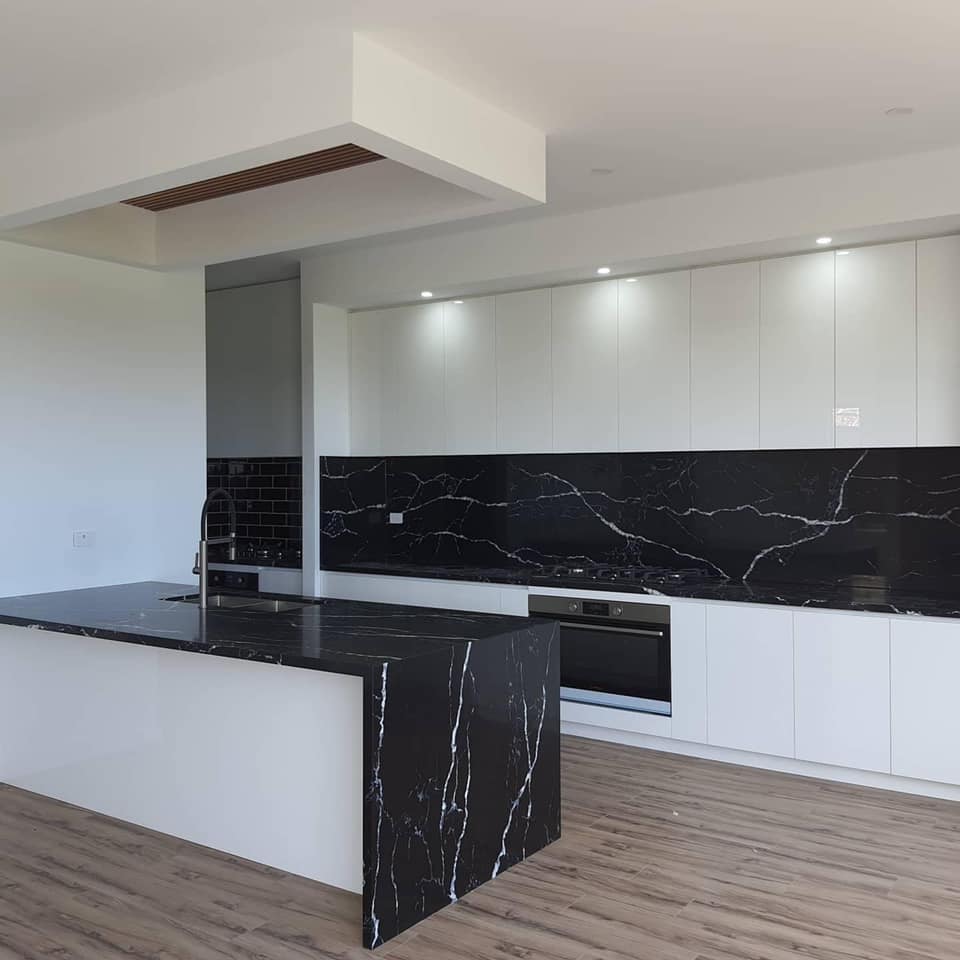Artificial stone
Artificial stone, also known as engineered stone or composite stone, is a man-made material created from a mixture of natural and synthetic materials. This type of stone is often used as a replacement for natural stone in a variety of applications, including countertops, flooring, and wall cladding.
One of the main benefits of artificial stone is its durability. It is resistant to scratches, stains, and heat, making it a popular choice for high-traffic areas. Additionally, it is non-porous, which means it does not absorb liquids and is easy to clean.
Artificial stone is available in a wide range of colors and patterns, making it a versatile option for design projects. It can be made to look like natural stone, such as marble or granite, or it can have a unique, modern appearance.
Another advantage of the stone is that it is more affordable than natural stone. It is also easier to work with and install, as it can be cut and shaped to fit specific dimensions.
However, there are some potential drawbacks to using artificial stone. It is not as heat-resistant as natural stone, and it can be prone to cracking or chipping if it is not installed properly. Additionally, some people prefer the natural look and feel of real stone.
Overall, artificial stone is a popular and practical choice for a variety of design projects. Its durability, versatility, and affordability make it a great option for those looking for a high-quality, low-maintenance material.




